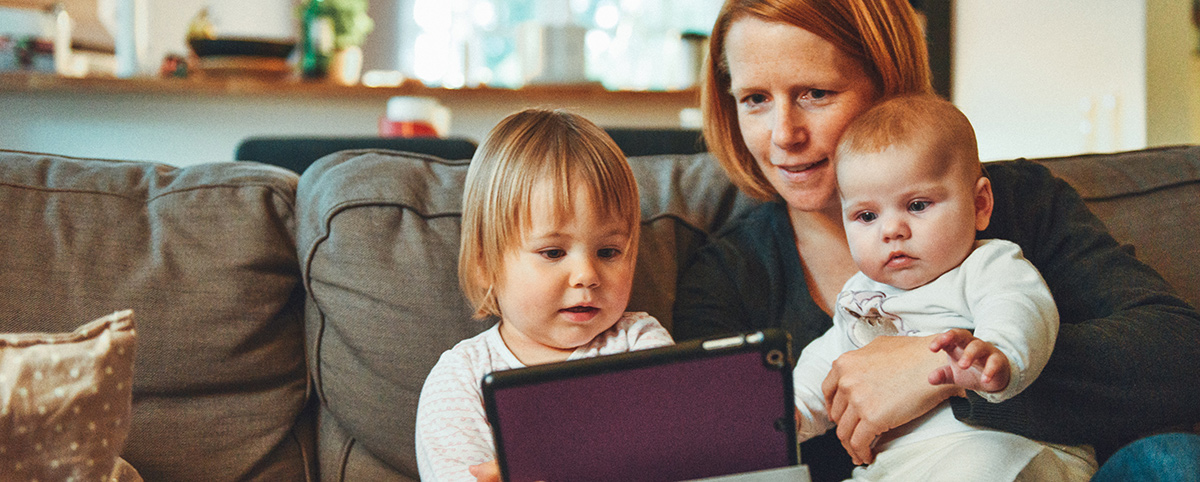Unless you’re parents of the roughly 2 million students who were already being home-schooled in this country, the past few months of acting as teacher and parent, or at least classroom monitor, have probably proved stressful and at times dispiriting.
This is especially true if you and possibly your spouse are also trying to work from home. There are bound to be stresses pulling you in different and at times conflicting directions: getting your own work done. Helping your kids study or even log in to their virtual classroom. Monitoring homework. Preparing meals. Keeping the house clean. The list is almost endless.
Fortunately, there are a few basic tips that should help you manage the stress, and to ensure that your child is getting as much educational benefit as possible from what everyone would agree is a less than ideal situation.
Here are the top five tips we found for parents who suddenly found themselves teaching, along with links to places where you can dive more deeply into any or all of these suggestions.
Tip 1: Offer Unstructured Play, Exercise & Family Time
Recognize that more downtime, playtime, and unstructured family time are gifts that this unwelcome situation have bestowed on us. We tend to over-schedule our kids, and in this time of enforced simplifying of life, it’s good to appreciate these small blessings. Says Denise Pope, a senior lecturer at the Stanford Graduate School of Education:
Kids need free, unstructured playtime every day and especially if extracurriculars are canceled, they’re going to need exercise. They need downtime, which includes sleep but also time to relax and decompress. That might mean playing video games or watching TV for short stints, or just sitting and doing nothing so they have time to reflect, which is actually very healthy. And they need family time. That can be challenging, especially if you’ve got working parents with double shifts. We recommend that one parent try to eat a meal or spend some time with their child between shifts if possible.
Tip 2: Don’t Be Too Hard on Yourself
Similarly, parents who are also teaching their children need to cut themselves some slack and not expect to replicate the school experience or provide world-class curriculum and instruction to their kids. The website EdSurge quotes Christine Elgersma, a nonprofit learning resources editor, suggesting that “human connection is more critical than instructional time right now, and that educators and parents should let themselves off the hook a little bit, since these are unprecedented times and no one can be expected to handle it perfectly.”
Tip 4: Set a Schedule
On a more nuts-and-bolts level, parents should set up a schedule for school hours and stick to it as much as possible. Cincinnati Children’s Hospital says the schedule “should work for your family’s unique situation and doesn’t need to match what other families are doing. The goal is to promote positive mental health by helping them know what’s coming next, not setting up additional battles.” Dedicated work spaces, as your living quarters permit, are also a good idea.
Tip 5: Don’t Be a Helicopter Parent
Resist the urge to ‘helicopter’ by sitting in on your child’s online classes. The Academy at Penguin Hall, an elite all-girls’ school north of Boston, suggests that “While it may certainly be tempting to “pop in” on your child’s classes, please respect their privacy and that of other students. Connect with faculty and staff through email or other communication channels before or after school hours.”
Tip 6: Connect with Other Parents
Build a village. “Parents should not feel isolated during this time. Connect with other parents who are going through the same experiences. This will allow you to share ideas, ask questions or seek advice,” experts from the University of Houston College of Education suggest.
We can all hope that in the future, when our children are grown and look back on this unprecedented and unusual time, they will retain warm memories of doing school at home with their parents and siblings. Following the advice above may make that a reality.



